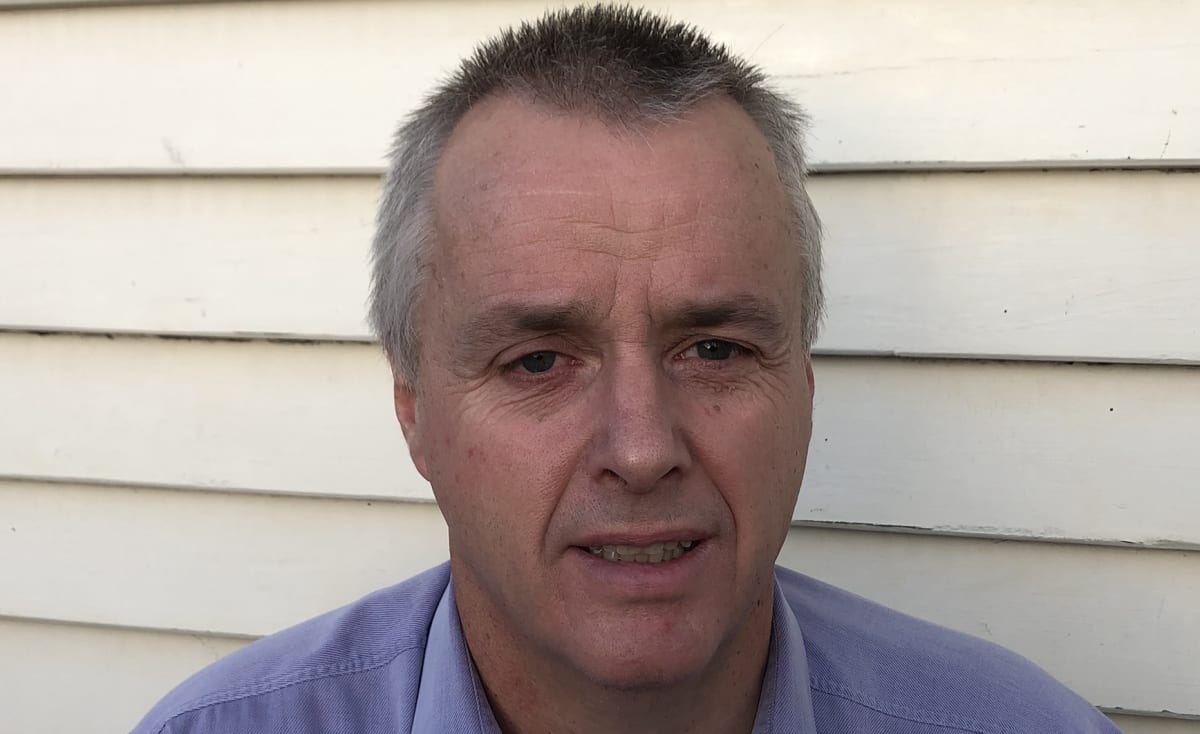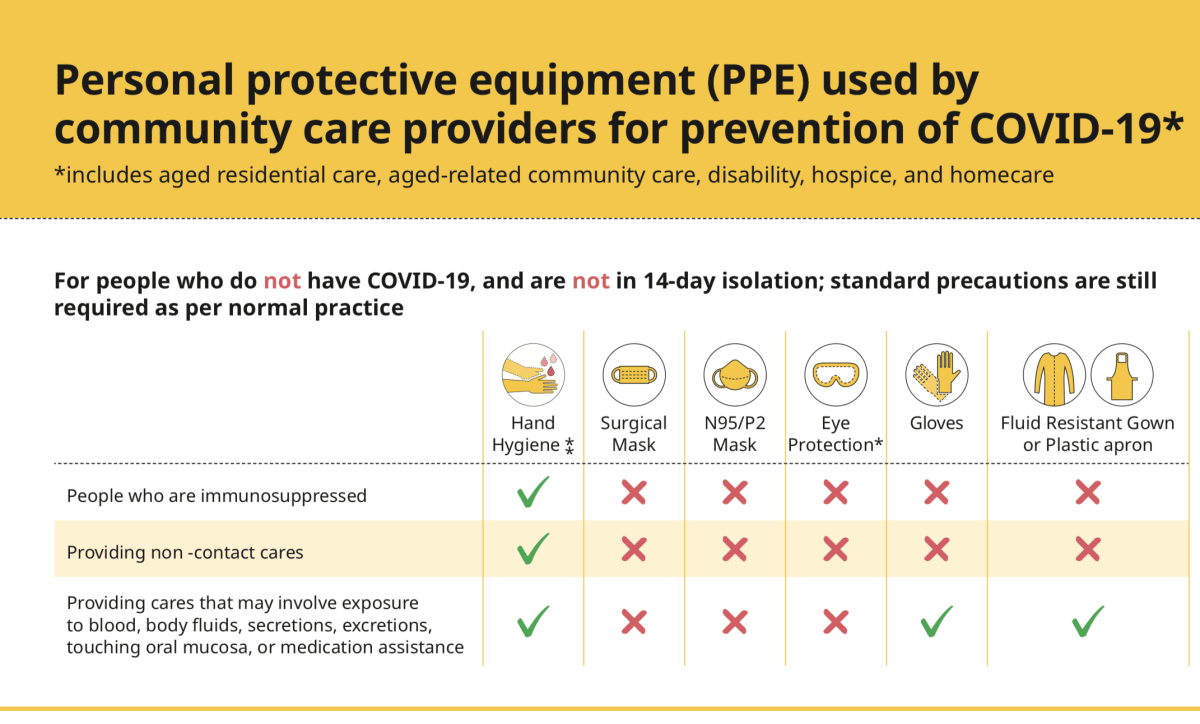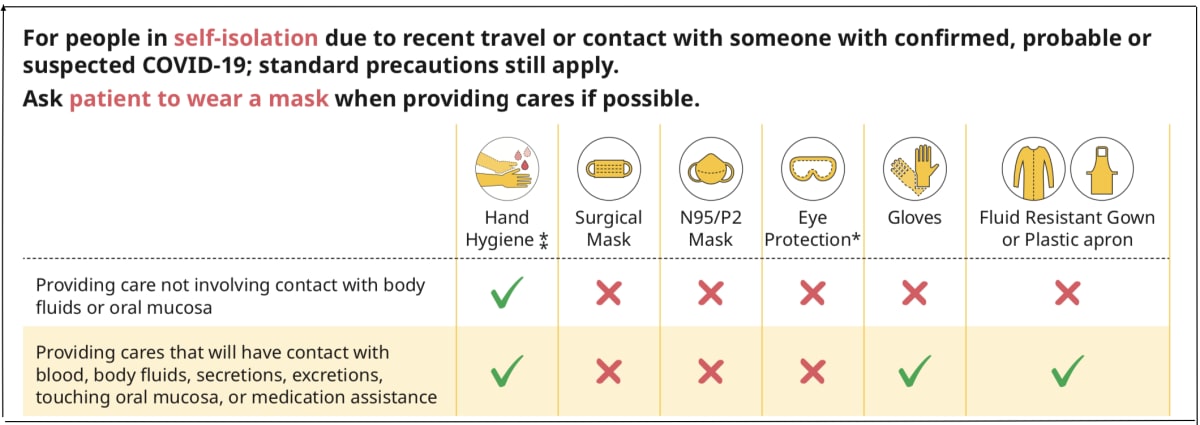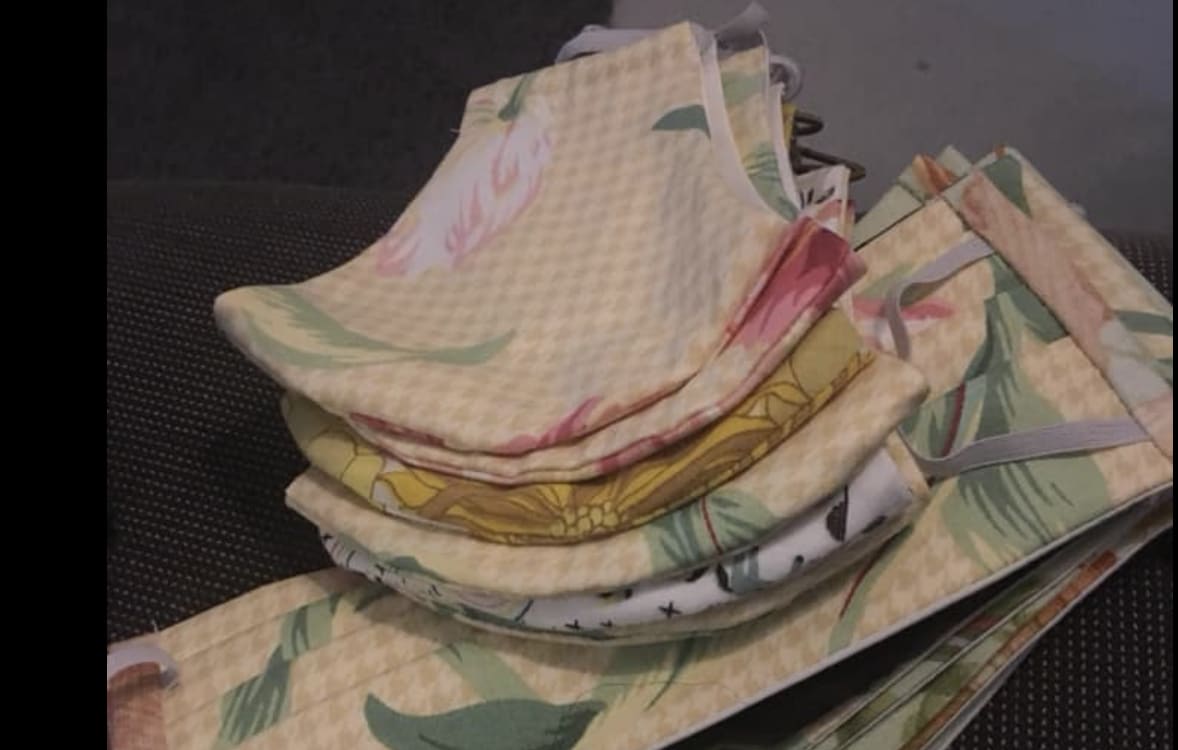Are you saying we’re
expendable spinal injury
group asks
ACC has reneged on an agreement to supply masks, gowns and other protective equipment to people with severe spinal injuries and their community carers, after the Ministry of Health said hand-washing was enough to keep them safe
The news that the supply of protective equipment to people with spinal injuries and their carers has been blocked comes as it emerges two disability support workers have tested positive for Covid-19.
An incredulous Andrew Hall, national programme manager for the NZ Spinal Trust, contacted Newsroom yesterday after hearing about ACC's decision. He said the organisation was given the go-ahead by ACC last week for personal protective equipment, or PPE, to be funded for its most vulnerable members to protect them if Covid-19 was brought into their homes by unsuspecting carers.
But yesterday the Ministry of Health refused to allow the release of the protective gear, saying hand-washing was enough protection.
This included when a carer might have been exposed to a person in Covid-19 self-isolation in another household.
Disability care workers test positive
RNZ announced this morning that one support worker in Auckland and one in Wellington, both with Spectrum Care charitable trust, have tested positive for the virus.
"The two did not show symptoms, and were tested only because of contact tracing from an infected person," RNZ said.

Hall says people with spinal injuries have no choice but to be in very close contact with their carers.
“Take a tetraplegic relying on 24-hour care. Carers will come in in the morning to get them up shower them, carry out bowel and urinary care, get them into a chair, feed them and look after them all day. They do the same in reverse at the end of the day.
“Many of these are intense hygiene-related tasks for patients who often have severely compromised lung function because of their disability.”
Getting Covid-19 would almost certainly kill some of these people, Hall says. Yet the Ministry of Health will not allow them or their carers access to the country’s mask, gown and glove stocks.
And the reason? Because the Ministry of Health argues that if neither client nor carer has Covid-19 there is no infection risk.
Therefore, says the Ministry, there is no need for PPE.
These Ministry of Health tables say it all. Neither community care workers nor their clients will be supplied with protective clothing or masks - even, as the second table below show, if they visit a household where someone is in isolation because of possible coronavirus infection.


This appears to directly contradict the ministry's own advice for other workers, including police, prison and customs staff.
"People who, due to the nature of their job, may be unable to maintain more than 1 metre contact distance from people with potential COVID-19 symptoms – for them, facemasks and gloves are recommended when this contact is likely to occur," the Ministry of Health website says.
"In general, surgical/medical masks prevent the dispersal of droplets by an infected patient and the inhalation of droplets if within 1 metre of a coughing individual."
The UK's Financial Times reported this morning Austria is to join a small but growing number of European countries making the wearing of face masks outside the home compulsory "amid shifting debate over the medical gear’s protective utility".
"Austrian authorities would start distributing millions of free face masks from midweek onwards," the paper said.
"Shoppers will only be permitted inside supermarkets and other open stores, such as pharmacies, if they are wearing masks."
The US Center for Disease Control (CDC) recommends high grade P2 masks for healthcare workers coming into contact with "possible Covid-19". If these filtered masks aren't available, then they recommend surgical masks.
Homemade masks
In extremis, people should "fashion homemade masks out of scarves and bandanas if there is a shortage of face masks in clinics and hospitals", the CDC advises.
Some home care workers in New Zealand are already doing that. Disability care company Manawanui is calling for people with basic sewing skills and material from t-shirts or bed linen to help by making masks for its staff.
Pleas to the Government over the last few weeks for health-grade masks have been ignored, Manawanui CEO Marsha Marshall says. So it is following the CDC advice and asking friends, family and supporters to sew masks.

Second class citizens?
Having different rules for different workforces makes absolutely no sense, Hall says, and makes home and community care workers feel that their health - and the health of the people they care for - is of less value than that of other groups, like police.
His sentiments are echoed by many others in the community health and care sector - as other Newsroom stories on this topic make clear.
They say the Ministry of Health argument that home care workers don't need PPE because they and their patients are healthy contradicts everything the Government is saying about community infection risk.
That is, that we all have to stay away from each other, and from anything someone else might have touched, because no one knows who might be infected.
ACC had agreed to fund the additional PPE. They were being incredibly reasonable.
ACC’s last minute back-tracking
Hall says until yesterday the team at the NZ Spinal Trust was quietly confident it would get the masks, gowns and other protective supplies its clients and their carers need.
“ACC had agreed to fund the additional PPE. They were being incredibly reasonable,” he says.
He believes that all changed when the Ministry of Health stepped in.
“ACC came back to us [on Monday] and said: ‘You know that thing we agreed to do last week, well we are going to go back on what we said. The Ministry of Health says all patients and carers have to do is wash their hands.
“This is a nonsense. The whole economy is shut down for people to maintain their bubble.”
Hall says he doesn’t believe this is anything to do with ACC trying to save money.
“They told us: ‘We’ve kicked this upstairs [to the Ministry. And what has come back isn’t a guideline, this is a directive.”
Fear in home care sector
Spinal patients and their carers aren’t the only ones frightened of Covid-19 infection - the call for PPE to be widely available is coming from community health and home care workers all over the country.
Kirsty McCully, a director at care workers union E tū, says DHBs and the Ministry of Health must act quickly to distribute the PPE that support workers need before it is too late.
“Unless something is done fast, this could become a public health disaster – clients are beginning to cancel their care, and ultimately if they become unwell they will end up in hospital at a time when our health system must be prioritised for those requiring Covid-19 and other urgent treatment.”
The same message is coming from Kerry Davies, national secretary of another union, the Public Service Association.
"Some clients are already refusing to allow workers to visit them, and some workers have already had to resign out of concern for their safety. This cannot be allowed to continue or there will be devastating consequences.
"All our members want is the ability to do their jobs without getting sick or infecting others. If safety equipment is not provided, our members have the right to refuse unsafe work and a growing number will do just that."
Why are we treated differently?
Meanwhile, Hall says given the high risk to disabled patients should they catch Covid-19, it is hard not to feel that the Government was applying a double standard to people with a disability.
Is the Government saying we are expendable?
The majority of the population was being exhorted to keep away from everyone else to protect them from accidentally catching the virus from someone in the street.
Yet disabled people reliant on a rotation of carers - carers who might go into a variety of homes in the course of a week, who shopped in the supermarket, and returned to their families in the evening - were being denied access to what they saw as potentially life-saving masks and other protective equipment.
“People with disabilities are hyper-sensitive because of the feeling they have that because they have a disability they are seen as somehow less of a person. So when you are treated in an unusual fashion, as we are being here. It heightens your sensibilities.
“Is the Government saying we are expendable?
“If there’s a shortage of gear let’s have a debate on who is prioritised.”
A Ministry of Health spokeswoman told Newsroom it was looking into the issue. ACC has not yet replied to our questions.

No comments:
Post a Comment
Note: only a member of this blog may post a comment.